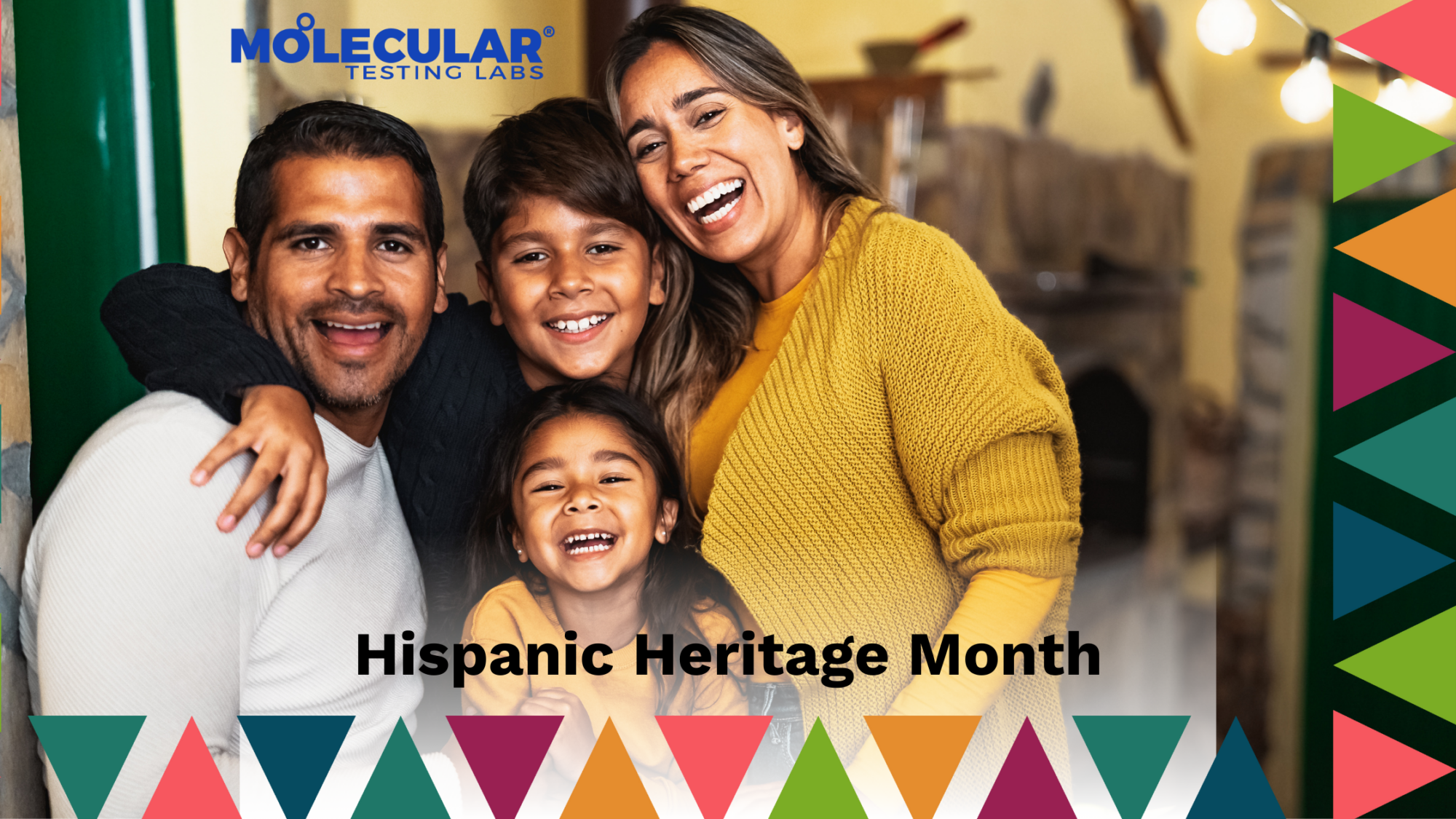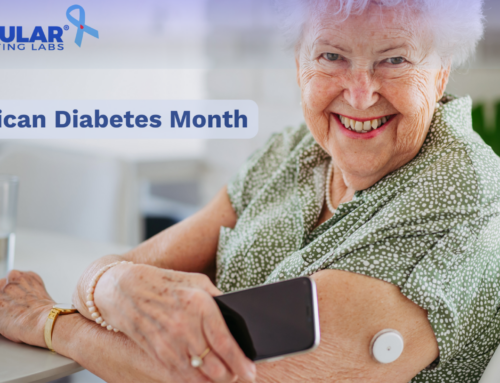
Hispanic Heritage Month
Share:
In 1968, President Lyndon B. Johnson began Hispanic Heritage Week to recognize the anniversary of independence for Costa Rica, El Salvador, Guatemala, Honduras, and Nicaragua on September 15, and Mexico and Chile on September 16 and 18. In 1988, President Ronald Regan expanded this celebration to 30 days, and we now celebrate Hispanic Heritage Month from September 15 to October 15 each year. Part of celebrating the culture and history of Hispanic American people includes improving healthcare equity and the availability of quality healthcare for all people.
According to the US Department of Health and Human Services (HHS), Hispanic American patients are more likely to live with chronic conditions such as diabetes, cardiovascular disease, and asthma due to poor availability of quality preventative care. This lack of availability can stem from cultural or language barriers and lack of access to quality health insurance. Data from the National Center for Health Statistics shows that 27.6% of Hispanic American adults in the US were uninsured in 2022, compared with 7.1% for non-Hispanic Asian, 7.4% of non-Hispanic White, and 13.3% of non-Hispanic Black adults. Due to this discrepancy in coverage, Hispanic American adults reported seeking medical care about half as often as non-Hispanic white adults. This inaccessibility of healthcare leads to a higher prevalence of poor health outcomes.
Increasing culturally appropriate opportunities to seek affordable healthcare can narrow gaps in care and help improve health outcomes and quality of life for everyone. Programs such as the CDC’s Racial and Ethnic Approaches to Community Health (REACH) seek to improve access to quality healthcare by removing barriers wherever possible. Molecular Testing Labs is working to help improve access to healthcare by offering convenient and affordable options for diagnostic testing. Our self-collection kits allow access to testing in communities that do not have quality clinics or hospitals and enable patients to participate more fully in their healthcare. We have also partnered with state and local health departments to increase access to diagnostic testing and improve gaps in care. With an extensive menu of tests with fast turnaround times and reliable results, we offer providers opportunities to perform preventative and acute diagnostic testing to improve health outcomes for their patients.
Continue this discussion by sharing the post on your social media!
References
- United States Census Bureau. (2023, September 15). National Hispanic Heritage Month: Sept. 15 – Oct. 15, 2023.gov. https://www.census.gov/newsroom/stories/hispanic-heritage-month.html#:~:text=%E2%80%9CThe%20observation%20started%20in%201968,of%20Public%20Law%20100%2D402.
- US Department of Health and Human Services. (2023). Celebrate National Hispanic Heritage Month 2023.gov. https://www.minorityhealth.hhs.gov/hispanic-heritage-month/
- Cohen, R.A. & Cha, A.E. (2022). Health Insurance Coverage: Early Release of Estimates From the National Health Interview Survey, 2022. National Center for Health Statistics. chrome-extension://efaidnbmnnnibpcajpcglclefindmkaj/https://www.cdc.gov/nchs/data/nhis/earlyrelease/insur202305_1.pdf.
- Centers for Disease Control and Prevention. (2022, July 25). Racial and Ethnic Approaches to Community Health.gov. https://www.cdc.gov/nccdphp/dnpao/state-local-programs/reach/index.htm




